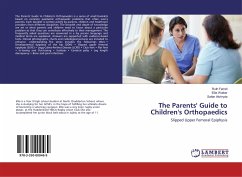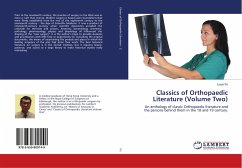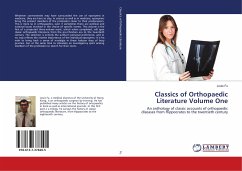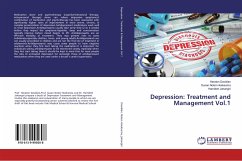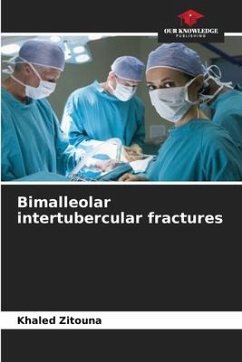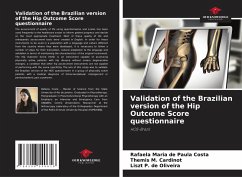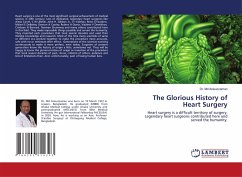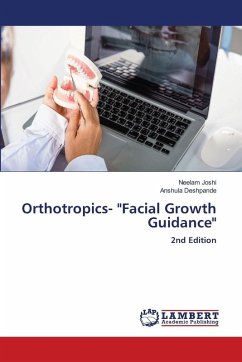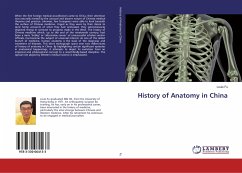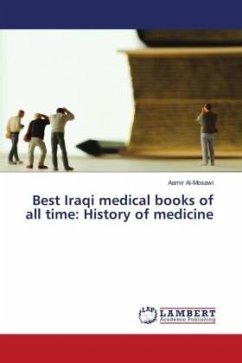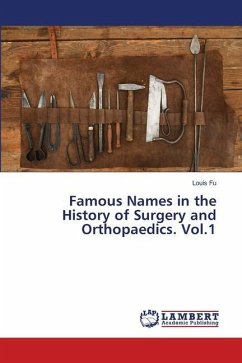
Famous Names in the History of Surgery and Orthopaedics. Vol.1
Versandkostenfrei!
Versandfertig in 6-10 Tagen
76,99 €
inkl. MwSt.

PAYBACK Punkte
38 °P sammeln!
In the history of progress of civilisation, surgery precedes internal medicine with regard to accurate observation of lesions and of their results on the human body. Speculations about the four humours, medical constitutions and vital spirits did not concern the minds of the ancient peoples in their attempts to observe and describe the signs of different forms of fractures and dislocations, the danger of wounds in different localities, or the different varieties of tumours. From Antiquity up to the eighteenth century, surgery in the Western world was more of a craft than a science. This book c...
In the history of progress of civilisation, surgery precedes internal medicine with regard to accurate observation of lesions and of their results on the human body. Speculations about the four humours, medical constitutions and vital spirits did not concern the minds of the ancient peoples in their attempts to observe and describe the signs of different forms of fractures and dislocations, the danger of wounds in different localities, or the different varieties of tumours. From Antiquity up to the eighteenth century, surgery in the Western world was more of a craft than a science. This book chronicles the development of ancient surgical practices in the Orient (China, India, and the Islamic world), through the glories of classical Greece, to the decline in the Middle Ages and pre-Renaissance era. The revival of art and science in Western Europe led to the medical Renaissance and medical revolution of the sixteenth and seventeenth centuries respectively. Surgery gradually moved from the barbers and barber-surgeons to the scientific surgeons of the Age of Enlightenment in the eighteenth century. This is evident from the dominance of British and French surgeons.



